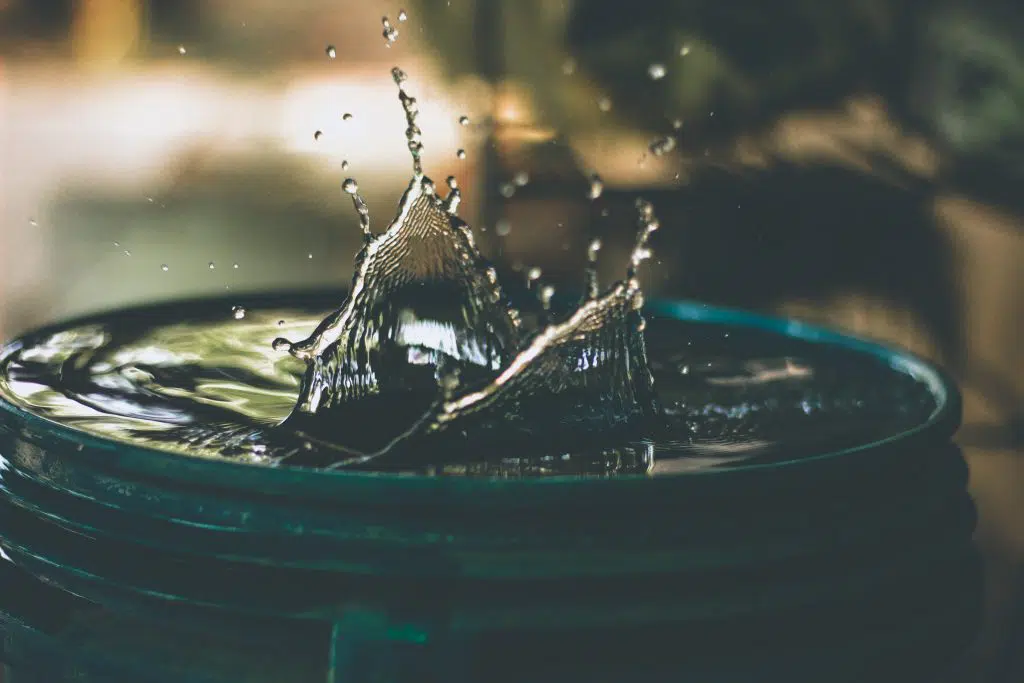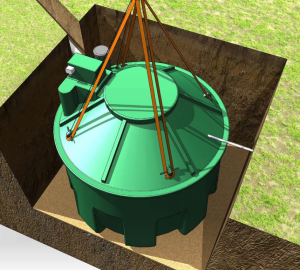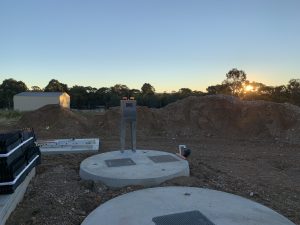For many homeowners, the septic system is out of sight and out of mind until something goes wrong. Yet, understanding the economics of septic systems is essential for making informed decisions about maintenance and ensuring long-term savings. In this comprehensive guide, we’ll delve deep into the cost savings and long-term investments associated with septic system maintenance, providing valuable insights for the average consumer
The Initial Investment: Understanding Upfront Costs
When it comes to septic systems, the initial investment can vary depending on factors such as property size, soil conditions, and system type. On average, homeowners can expect to pay between $3,000 and $7,000 for a conventional septic system installation. However, more complex systems or challenging terrain may incur higher costs. Despite the upfront expense, it’s crucial to recognize that a septic system is a long-term investment in the health and functionality of your home.

Cost Savings Over Time: A Closer Look
While centralized sewer systems come with ongoing monthly fees, septic systems offer significant cost savings over time. With proper maintenance and care, a well-designed septic system can last for decades, requiring minimal ongoing expenses beyond routine inspections and occasional pumping. By investing in septic system maintenance, homeowners can avoid costly repairs and replacements down the line, saving thousands of dollars in the process. Moreover, the ability to control and monitor maintenance costs provides a level of financial predictability that is often lacking with municipal sewer services.
Environmental Responsibility: Protecting Our Planet
Beyond the financial savings, septic systems also offer environmental benefits that contribute to long-term sustainability. Unlike centralized sewer systems, which transport wastewater to treatment plants, septic systems treat wastewater onsite, reducing the strain on public infrastructure and minimizing energy consumption. Additionally, septic systems help protect groundwater and surface water from contamination, preserving water quality and ecosystem health for future generations. By investing in a septic system, homeowners are not only safeguarding their own health but also contributing to the greater good of the environment.
Property Value Appreciation: Investing in Your Home
Maintaining a well-functioning septic system can also enhance the resale value of your home. Properties with septic systems are often more attractive to buyers, as they offer the convenience of private wastewater treatment without the recurring expenses associated with municipal sewer service. Moreover, homes in rural or remote areas without access to centralized sewer systems may command higher prices due to the necessity and perceived value of onsite wastewater treatment. By investing in a septic system, homeowners are making a strategic investment in their property’s long-term value and marketability.
Long-Term Investments: Looking Ahead
When viewed as a long-term investment, septic systems emerge as prudent financial decisions for homeowners. By prioritizing regular maintenance and care, homeowners can maximize the lifespan of their septic systems and enjoy significant cost savings over time. Investing in preventive measures such as routine inspections, pumping, and filter cleaning helps prevent costly repairs and replacements, ensuring that the septic system continues to operate efficiently for years to come. Moreover, proactive maintenance can help identify and address minor issues before they escalate into major problems, further reducing the likelihood of expensive repairs down the road.
DIY vs. Professional Maintenance: Making Informed Choices
While some maintenance tasks can be performed by homeowners, such as monitoring chemical usage and landscaping considerations, many aspects of septic system maintenance require specialized knowledge and equipment. Hiring a professional septic service provider ensures that maintenance tasks are performed correctly and in accordance with local regulations, reducing the risk of costly mistakes and potential environmental hazards. Additionally, professional maintenance providers have access to specialized equipment and tools that allow them to perform thorough inspections and identify potential issues that may go unnoticed by untrained individuals. By entrusting septic system maintenance to professionals, homeowners can have peace of mind knowing that their system is in good hands and operating at peak efficiency.
Making Smart Choices for Your Home and Wallet
In conclusion, understanding the economics of septic systems is essential for homeowners looking to save money and invest wisely in their homes. By prioritizing regular maintenance and care, homeowners can enjoy significant cost savings over time while also promoting environmental sustainability and preserving property values. With proper maintenance and attention to detail, a well-designed septic system can provide reliable wastewater treatment for decades, ensuring a clean and healthy environment for homeowners and future generations alike. By making informed choices and investing in professional maintenance services, homeowners can protect their investment and enjoy peace of mind knowing that their septic system is operating efficiently and effectively.
Related Posts
- Five reasons to use Australian-made septic tanks
- How Much Does A Septic System Cost In Australia?
- How Does AWTS (Aerated Water Treatment System) Work?
- Sustainable Septic Systems: Embracing Indigenous Wisdom for Modern Living
- How Many Years Is A Septic System Good For?
- Concrete septic tanks for new home owners
- Why aerated wastewater treatment servicing is important
- Why every home in Australia needs a rainwater tank





